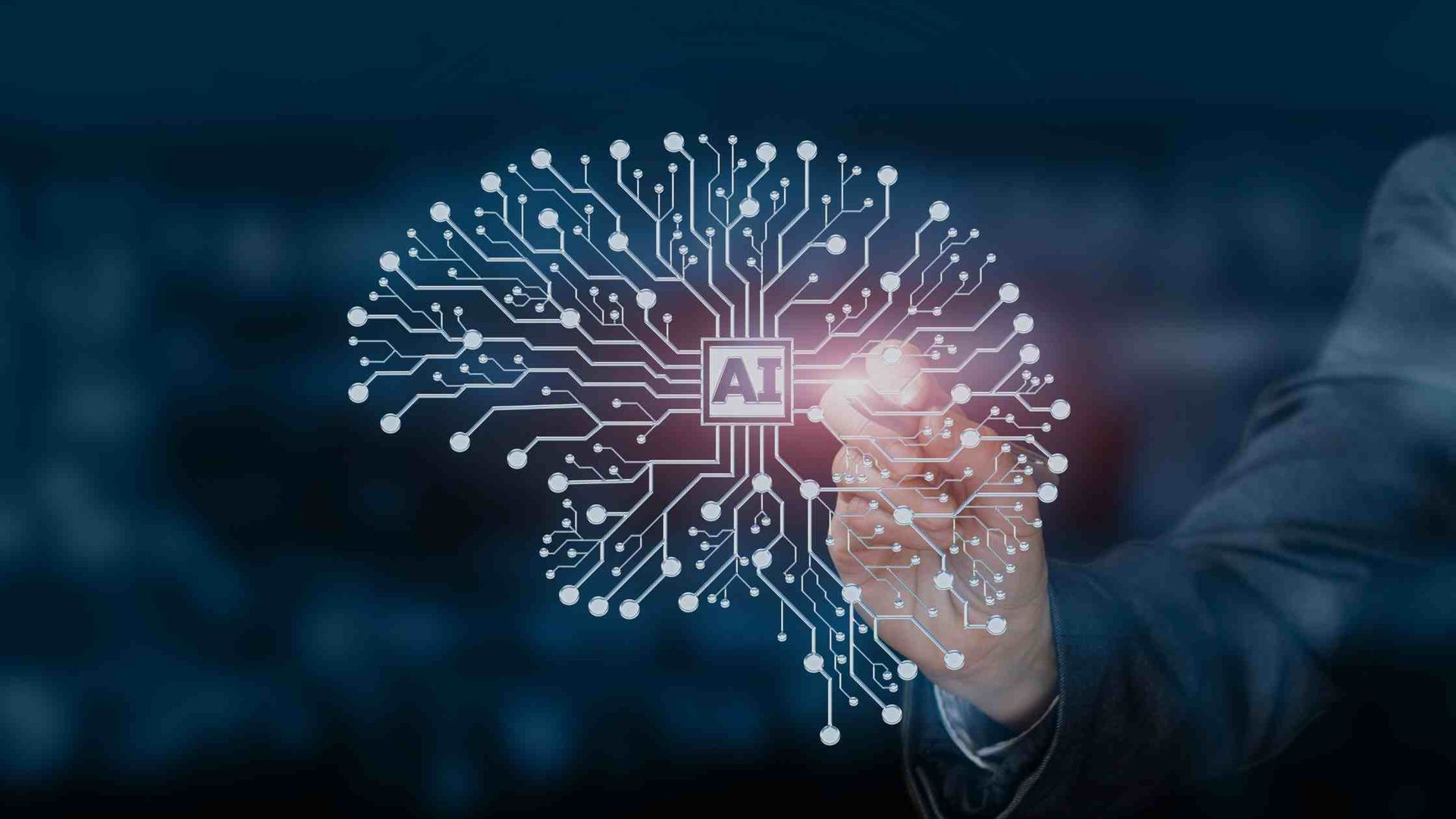How AI is Transforming Pharmaceuticals: A New Era of Innovation
The
pharmaceutical industry is experiencing a transformative shift due to advancements in Artificial Intelligence (AI). From drug discovery to personalised medicine, AI is revolutionising how treatments are developed and delivered. The integration of AI technologies into pharmaceutical processes is optimising efficiency, enhancing decision-making, and ultimately accelerating innovation.
Here's a closer look at how AI is shaping the pharmaceutical sector.
1. Accelerating Drug Discovery
2. Improving Clinical Trials
AI is transforming clinical trials by optimising patient recruitment, monitoring, and data analysis. Traditionally, patient selection for clinical trials is time-consuming, and trials often suffer from high dropout rates. AI can analyse large-scale patient data, including medical histories and genetic information, to identify suitable candidates for clinical trials. This ensures that the right patients are selected, improving the chances of success and reducing costs.
Moreover, AI-powered tools can monitor patients in real-time during trials, tracking their response to treatments and ensuring data accuracy. By analysing patterns in patient outcomes, AI helps researchers adjust treatment plans more effectively. This can lead to more personalised approaches in medicine, where treatments are tailored to an individual's genetic makeup or medical history, increasing the chances of a positive outcome.
4. Personalised Medicine and AI
One of the most exciting prospects for AI in pharmaceuticals is its role in personalised medicine. AI algorithms can analyse vast amounts of data from patient medical records, genetic profiles, and wearable devices. This data-driven approach allows for the development of highly personalised treatments. Instead of a one-size-fits-all approach, AI helps identify treatments that are specifically tailored to the genetic and environmental factors influencing each patient’s condition.
For example, in oncology, AI is being used to predict which cancer treatments will work best for individual patients, based on their genetic makeup and the specific mutations driving their cancer. This leads to more effective treatments with fewer side effects. Personalised medicine has the potential to improve patient outcomes significantly and reduce the trial-and-error nature of treatment, where doctors must rely on broad-spectrum drugs.
5. Ethical and Regulatory Considerations
6. The Future of AI in Pharmaceuticals
The future of AI in the pharmaceutical industry looks promising. Advances in generative AI, for instance, are poised to further accelerate drug discovery and innovation. By using AI to model new molecular structures, researchers can create entirely new compounds that may hold the key to treating diseases previously deemed untreatable. Furthermore, AI will continue to improve personalised medicine, with AI-driven diagnostics providing real-time insights and allowing for more precise treatments.
As AI technologies mature, we will likely see a closer integration between AI and other emerging technologies such as genomics, biotechnology, and nanotechnology. This convergence will revolutionise the way we understand and treat diseases, potentially ushering in a new era of precision medicine that offers hope to millions of patients worldwide.
The AI Revolution in Pharmaceuticals
Artificial Intelligence is undoubtedly transforming the pharmaceutical industry, driving innovation, and improving patient outcomes. From accelerating drug discovery to enabling personalised medicine, AI has become an indispensable tool for pharmaceutical companies. As the technology continues to evolve, we can expect even greater breakthroughs in the development and delivery of life-saving treatments. However, alongside these advances, the industry must also navigate ethical, regulatory, and practical challenges to fully realise AI’s potential.
Partnering with Mason Alexander for Pharmaceutical Recruitment
As AI continues to revolutionise the
Pharmaceutical industry, finding the right talent or securing your next career move has never been more important. Whether you’re a professional looking to leverage your skills in AI-driven
Pharma or a company seeking top talent to innovate in this space, Mason Alexander can help. Our specialised
Pharmaceutical recruitment services connect industry leaders with professionals who can drive transformation in pharmaceuticals, ensuring you stay ahead of the curve in this rapidly evolving sector.
Let us guide you to your next opportunity or find the perfect candidate to advance your business.










































































































